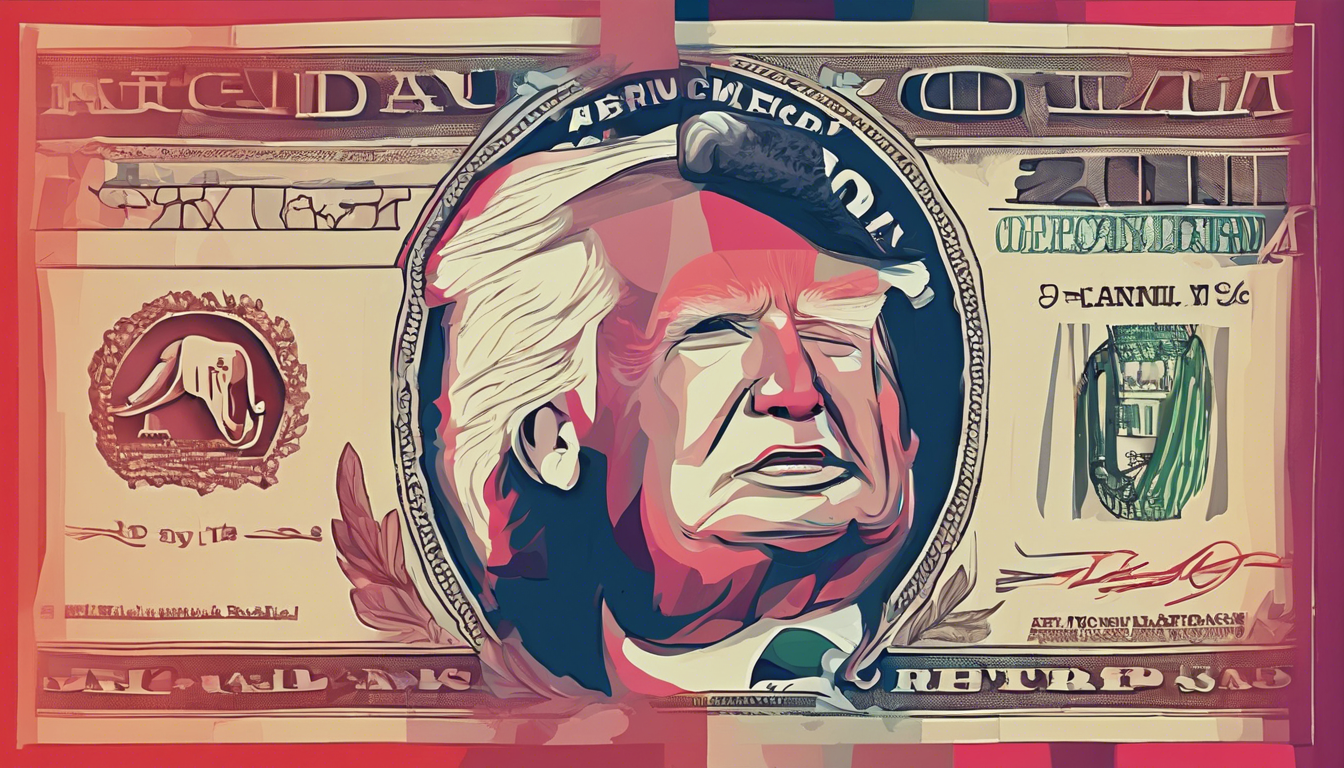In the wake of the upcoming elections, the prospect of an aligned Republican Congress poses significant implications for Donald Trump’s policy ambitions.
If re-elected, Trump could leverage a GOP-controlled House and Senate to rapidly push through key initiatives, including controversial measures on immigration, taxation, and energy.
This article delves into how such political alignment could empower his agenda while also exploring the potential challenges and intricacies that lie ahead, drawing from past experiences during his presidency.
Key Takeaways
- An aligned Republican Congress could significantly bolster Trump’s ability to implement his policy agenda if re-elected.
- Challenges such as slim congressional margins and the filibuster may hinder the GOP’s efforts to pass Trump’s proposed legislation.
- Historical context reveals that internal party resistance may complicate Trump’s ambitions, as seen during his first term.
Potential Legislative Advances with a Unified Republican Congress
If Donald Trump secures re-election and the Republican Party regains control of both the House and the Senate, a wave of legislative potential awaits.
A unified Republican Congress could expedite the introduction and passage of Trump’s controversial agenda, which includes sweeping reforms such as mass deportations, substantial tax incentives to stimulate economic growth, increased federal oil drilling, and the elimination of the Education Department.
Speaker Mike Johnson’s recent remarks at a rally for Trump underscored the GOP’s desire to consolidate power and overcome the legislative hurdles that Democrats previously imposed.
However, the path to realizing these ambitious goals is fraught with challenges, notably the slim margins within Congress and the persistent threat of the filibuster, which could stymie even the most pressing initiatives.
Reflecting on Trump’s first term, where he faced significant pushback even with a Republican majority, it is clear that achieving a cohesive legislative agenda will require not just unity in leadership but also strategic maneuvering amidst internal party dynamics.
Challenges and Complexities Ahead for Trump’s Agenda
As Trump looks to bolster his agenda for a potential second term, the road ahead is likely to be filled with both opportunities and obstacles.
Key members of the Republican establishment have emphasized the need for resilience and collaboration to push through Trump’s vision, yet the historical context suggests that the party’s unity may be tested once again.
Past experiences highlight that even with a majority, the GOP has struggled to maintain a consistent direction amidst differing factions and priorities.
This disunity can lead to significant delays and dilution of policy initiatives as various groups within the party vie for influence.
Moreover, public opinion will play a critical role in shaping the political landscape, especially if Trump’s proposals provoke backlash among constituents and swing voters.
Ultimately, while there is a palpable enthusiasm among Republican lawmakers, the intricate interplay of party dynamics and external pressures will heavily influence their ability to deliver on campaign promises.










